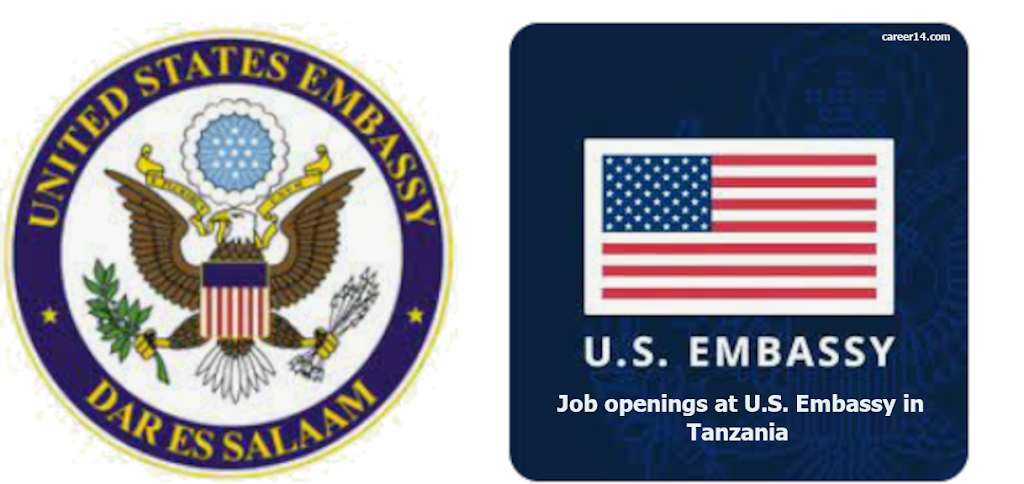About The African Court on Human and Peoples’ Rights
The African Court on Human and Peoples’ Rights, also known simply as the African Court, is an international court established by member states of the African Union (AU) to implement provisions of the African Charter on Human and Peoples’ Rights (also known as the Banjul Charter). Seated in Arusha, Tanzania, it is considered the judicial arm of the AU, and is one of only three regional human rights courts (together with the European Court of Human Rights and the Inter-American Court of Human Rights).
The African Court was created pursuant to a protocol to the Banjul Charter adopted in 1998 in Burkina Faso by the Organization of African Unity (OAU), the predecessor of the AU. The protocol came into force on 25 January 2004, following ratification by more than 15 countries. The court’s first judges were elected in 2006 and it issued its first judgment in 2009.
The African Court’s mandate is to complement and reinforce the functions of the African Commission on Human and Peoples’ Rights, a quasi-judicial body that monitors implementation of the charter and recommends cases to the court. It has jurisdiction over all cases and disputes submitted to it concerning the interpretation and application of the Banjul Charter, the protocol to the charter, and any other human applicable human rights instrument. The court can issue advisory opinions on legal matters and adjudicate contentious cases.
The court is composed of eleven judges nominated by member states of the AU and elected by the latter’s Assembly of Heads of State and Government. Judges serve six-year terms and may only be re-elected once. The president of the court resides and works full-time in Arusha, while the other ten judges work on a part-time basis. Registry, managerial, and administrative functions are executed by a registrar.
Thirty-one African countries have ratified the protocol establishing the African Court, of which only nine have made a special declaration allowing individuals and NGOs to submit cases directly to the court: Burkina Faso, Ghana, Malawi, Mali, Rwanda, Tanzania, Republic of Côte d’Ivoire, Tunisia, and the Gambia;[5] otherwise, cases must be submitted to the African Commission, which then determines whether to refer it to the court.
As of September 2021, the African Court has delivered 259 decisions, including 131 judgments and 128 orders, and has 217 pending cases.
Various Jobs at the African Court on Human and Peoples’ Rights December 2021
Application
All applications must be submitted through the African Union Commission’s website https://careers.au.int and be made not later than January 9, 2022.
NB: Candidates who previously applied for this position are encouraged to reapply through the aforementioned website.







